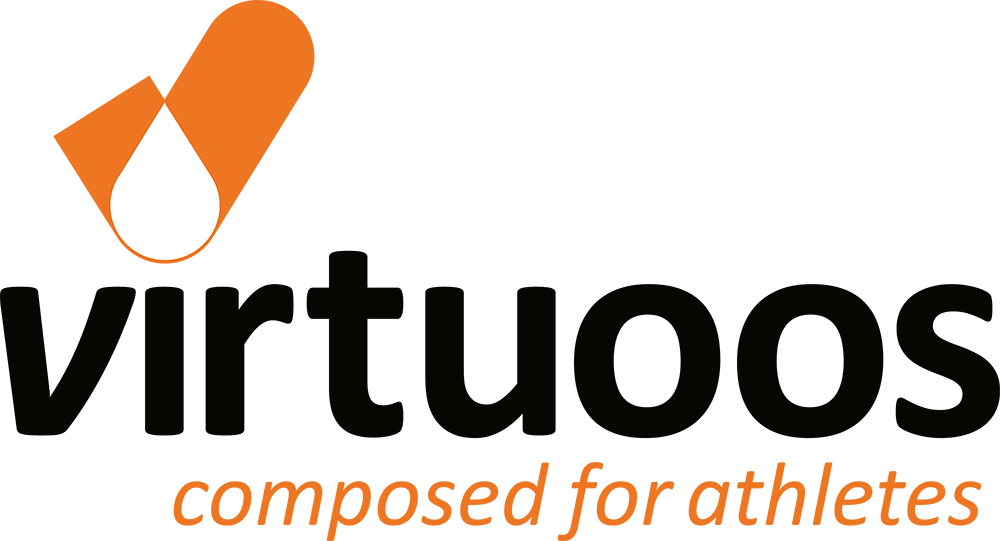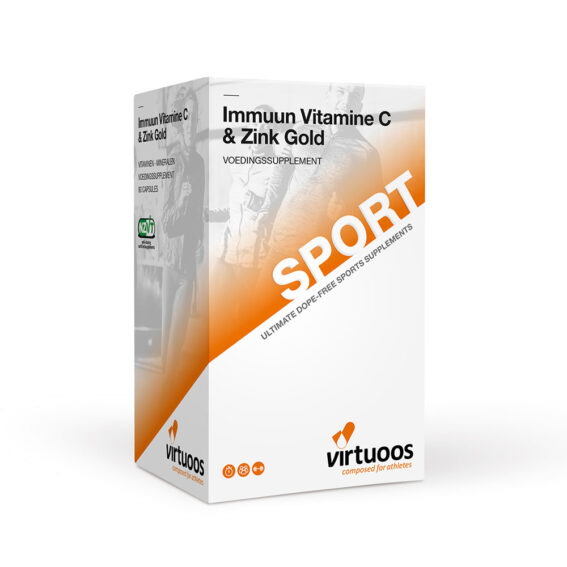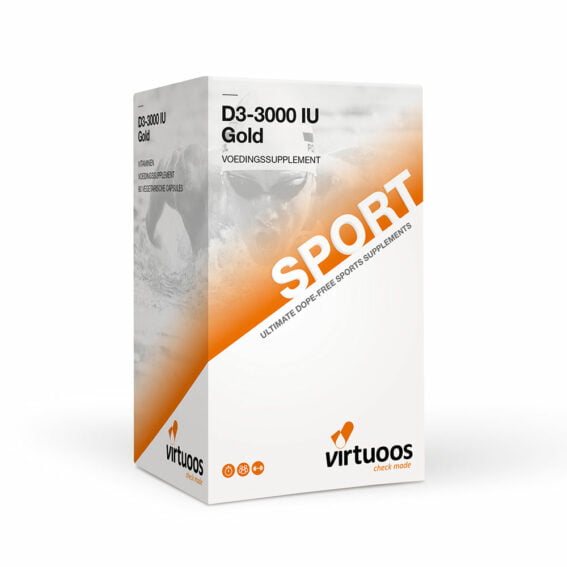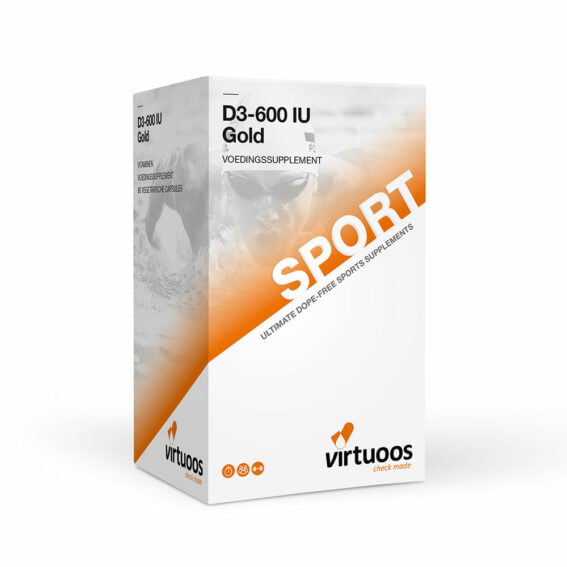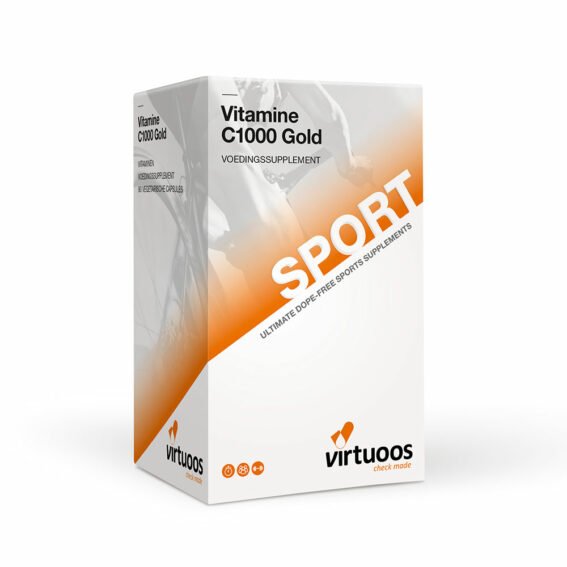Why is a healthy immune system important?
A healthy immune system ensures that your body can defend itself against pathogens including bacteria and viruses. A strong immune system reduces the risk that you become ill and also ensures that you recover more quickly if you do become ill. To stay healthy, it is therefore important that you maintain a good immune system. A healthy lifestyle can help you achieve this.
What can you do to ensure a healthy immune system?
A healthy immune system starts with a healthy lifestyle. Enough food, enough sleep, not too much stress, and enough exercise are essential to keeping your immune system healthy. Combined with good hygiene, these factors help reduce the risk of becoming ill as far as possible.
Use the tips below to ensure that you maintain a healthy immune system:
- Eat at least 250 g of vegetables per day
- Eat at least two pieces of fruit per day
- Opt for wholegrain products (such as wholewheat bread, wholewheat pasta, or brown rice)
- Eat oily fish (herring, salmon, mackerel, sardines) at least once a week
- Replace saturated fats with unsaturated fats
- Do not eat much fatty meat, but do eat pulses and nuts regularly
- Sleep for 7-8 hours per night
- Minimize stress
- Take enough exercise and avoid sitting down for long periods. For instance, stand up regularly and do at least 150 minutes a week of reasonably intensive exercise and muscle and bone-strengthening activities at least twice a week
Extra support
There are various nutrients that are additionally important for the immune system. Vitamin C, Vitamin D, and zinc support your immune system and help to keep it healthy. Consuming enough of these nutrients ensures that your immune system can function optimally. Vitamin C also contributes to a strong immune system in cold environments and during and after physical exercise. This can be helpful if you are an avid athlete.
What foods contain these nutrients?
Vitamin C is mainly found in vegetables, fruit, and potatoes. Kiwis, red peppers, strawberries, broccoli and cabbage are particularly high in vitamin C.
Vitamin D is more difficult to obtain from food. Oily fish is a source of vitamin D, but there are not many other products that naturally contain vitamin D. Your body produces vitamin D itself when exposed to sunlight. When it’s not sunny outside, or when you sit inside too much, if can be difficult to produce enough vitamin D. That’s why many people in the Netherlands also have low vitamin D levels during the winter months.
Zinc is mainly found in meat, fish, seafood, dairy products, wholegrain products, seeds, and nuts.
How can a supplement help?
To be certain you’re getting enough vitamin C, vitamin D, and zinc, it’s a good idea to take a supplement. We have compiled a special Immunity Package to support a healthy immune system. This package contains vitamin C1000 Gold, vitamin D3 3000 IU Gold, and Zinc Gold. These three products have a positive impact on the immune system. Each product contains 90 capsules, enabling you to support your immune system for three months at least.
